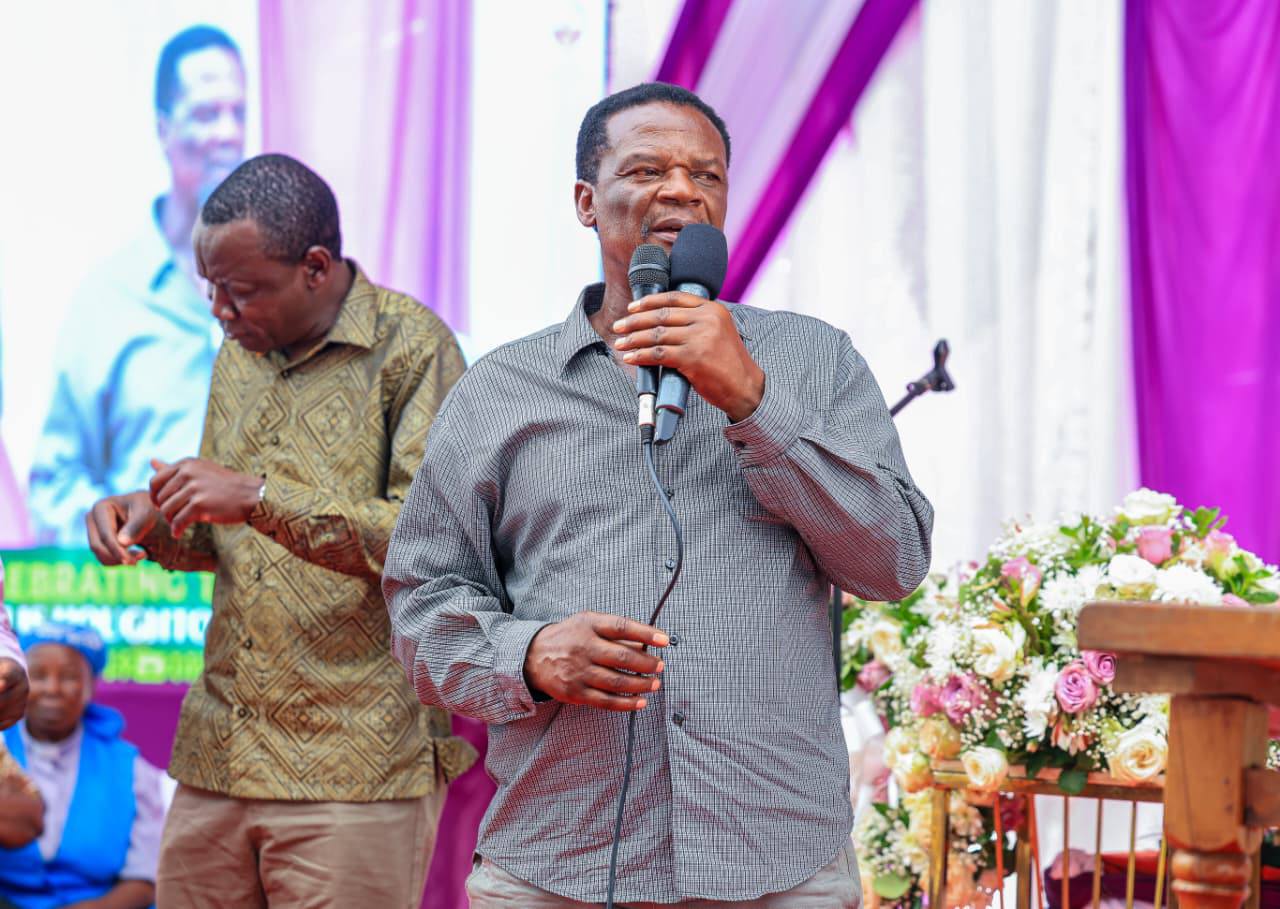Senate invites public views on Bill proposing sweeping changes to its powers

If adopted, legislative authority at the national level would be exercised jointly by both Houses, with Bills allowed to originate in either chamber.
The Senate has invited Kenyans to give their views on a constitutional amendment bill that seeks to expand its powers and end the perception that it is an “idle House.”
In a notice issued on Friday, Senate Clerk Jeremiah Nyegenye called on the public to submit written memoranda on the Constitution of Kenya (Amendment) Bill, 2025, which had its first reading last week.
More To Read
- Raila urges more devolution, says governors should answer to county assemblies, not Senate
- Digital workers slam Senate’s controversial business laws Bill amid concerns over rights violations
- Clash looms as Senate pushes for expanded powers in new Bill
- Kenyans invited to submit views on proposed population and development council
- Treasury, Senate threaten funding cuts over counties’ financial mismanagement
- MPs approve Bill to disburse Sh415 billion to counties
The Bill is sponsored by Majority Leader Aaron Cheruiyot of Kericho and Minority Leader Stewart Madzayo of Kilifi, and was drafted by Justice and Legal Affairs Committee chair Hillary Sigei of Bomet, working with senior counsels Okongo Omogeni of Nyamira and Tom Ojienda of Kisumu.
Speaker Amason Kingi has referred the Bill to the Justice, Legal Affairs and Human Rights Committee (JLAC) for public participation.
JLAC will also hold hearings in all 47 counties to build nationwide support, with the Senate saying the reforms are aimed at elevating it to the status of a true upper house.
Nyegenye said the Bill tackles “challenges of constitutional design and architecture” that need reform to strengthen devolution while achieving “greater harmony of the constitutional dispensation.”
The draft law proposes sweeping changes, including giving the Senate authority to approve the national budget, vet constitutional office holders, veto decisions of the National Assembly, originate any piece of legislation, and take part in the removal of state officers.
It also calls for the creation of a County Assembly Fund to grant members of county assemblies financial autonomy.
“The principal object of the Bill is to strengthen and secure devolution. The draft Bill seeks to provide a framework to achieve this purpose by reviewing the mandate of the Senate and the National Assembly,” the Bill states.
Another proposed change is the introduction of a formal leadership structure in the Senate, including the positions of speaker, majority leader and minority leader. At present, the Senate’s authority is largely confined to county issues, a limitation that has led to it being viewed as underpowered.
The amendments, which mirror aspects of the US Senate, have received backing from opposition chief Raila Odinga, who in May told senators, “We would like to see our Senate work like that of the US – give it proper powers and responsibilities,” drawing applause from members.
If adopted, legislative authority at the national level would be exercised jointly by both Houses, with Bills allowed to originate in either chamber. Allocation Bills could start in the Senate, while appropriation Bills could begin in the National Assembly, with both open to amendment and possible veto by the originating chamber.
The preamble of the Bill underscores that its main objective is to “strengthen and secure devolution.”
Top Stories Today















































